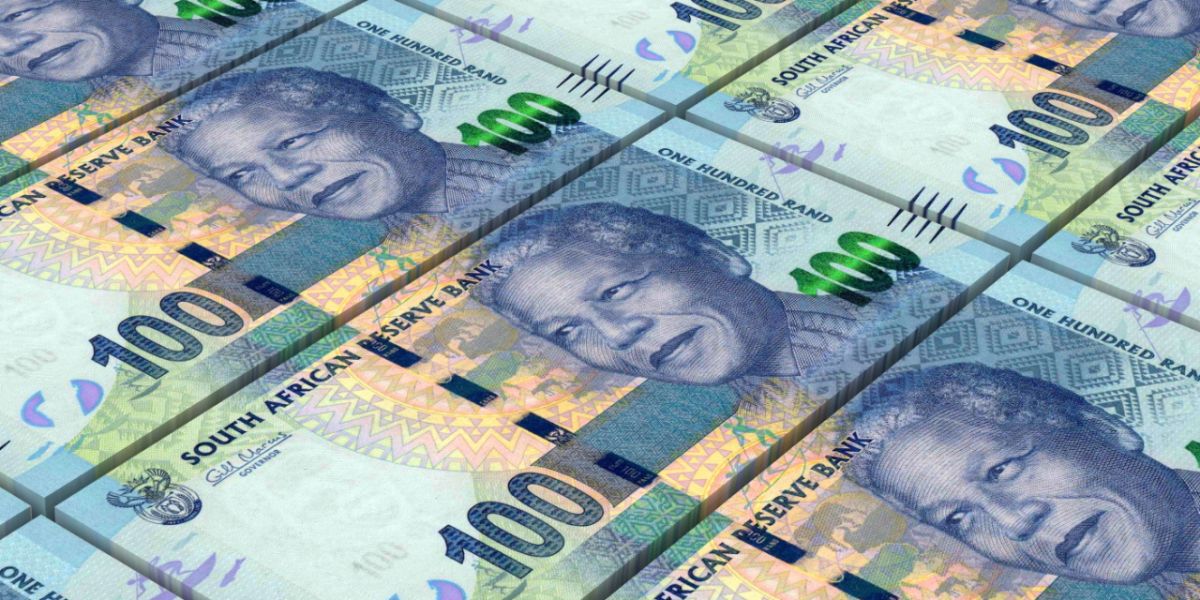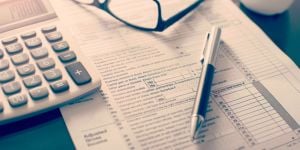
On moving to South Africa, whether to work or set up a business, opening a bank account will probably be one of your main concerns. This should not be complicated as the country hosts several banks that provide various services to expatriates. You can choose from 11 national banks such as ABSA, FNB, Standard Bank, Nedbank and Capitec, as well as some 50 international banks.
These existing banking institutions in South Africa have attracted investment globally and locally. You can, therefore, expect to find a large network of branches and ATMs located across the country, and online services allowing you to operate on a 24/7 basis. In all cases, make sure to enquire about all necessary formalities as these may vary from one bank to another.
Note that some major banks apply quite high fees to basic operations while the same can be free of charge in smaller banks. It is worthwhile opening a bank account because it is often necessary when you want to get a mobile phone contract, an internet connection, or a car, for example.
Types of accounts in South Africa
Foreign nationals in South Africa can choose between two main types of accounts, namely resident accounts and non-resident accounts. In general, bank accounts are easily opened, regardless of the intended duration of stay. Some banks also offer special accounts to expatriates. In fact, each type of account is adapted to the client's specific needs and resident status in the country.
A non-resident account (for someone on a tourist visa, for example) is restrictive as the account cannot generally receive deposits in Rands (to avoid money laundering, etc). There are exceptions to the rule, such as if you own a property and let it out (in these exceptions, the paper trail is of prime importance).
If you have proof of permanent residency then you are able to open a resident account. This is, in essence, a 'normal' bank account with no special restrictions.
The process of opening an account
To open a normal, resident account, you need your proof of residence, i.e. your lease agreement or utility bill and you also need your passport and visa. Students need to take their study permits when opening an account. If you are a legal tax entity in South Africa, bring along proof of your current tax status.
Some South African banks provide e-services allowing foreigners to open a bank account remotely. In case there is a branch of the chosen South African bank in your home country, you will have to be assisted by a legal representative or lawyer who will be responsible for formalising your application by signing the relevant documents. In general, the following documents have to be produced:
- your identity card or passport;
- proof of address;
- personal tax information
- a reference letter issued by your bank in your home country; and
- a letter issued by your employer proving that you are working for them and indicating your monthly salary.
Note that a minimum deposit is required to open a bank account in South Africa. This amount can be deposited either in cash or by check.
Good to know:
If you are not employed in South Africa, the bank may request additional fees for account management.
Facilities and services
All banks provide credit cards, payment and debit cards, as well as chequebooks, etc. However, ATMs are not quite as common as in more developed countries, except in major South African cities. Moreover, you are allowed to set or change your maximum daily withdrawal amount.
Attention:
Banks charge a variety of relatively small fees for services rendered. Ask about these when opening your account and shop around to find the best offers from the major South African banks.
Useful links:
ABSA
South African Reserve Bank
Nedbank
Standard Bank
The Banking Association South Africa
We do our best to provide accurate and up to date information. However, if you have noticed any inaccuracies in this article, please let us know in the comments section below.










